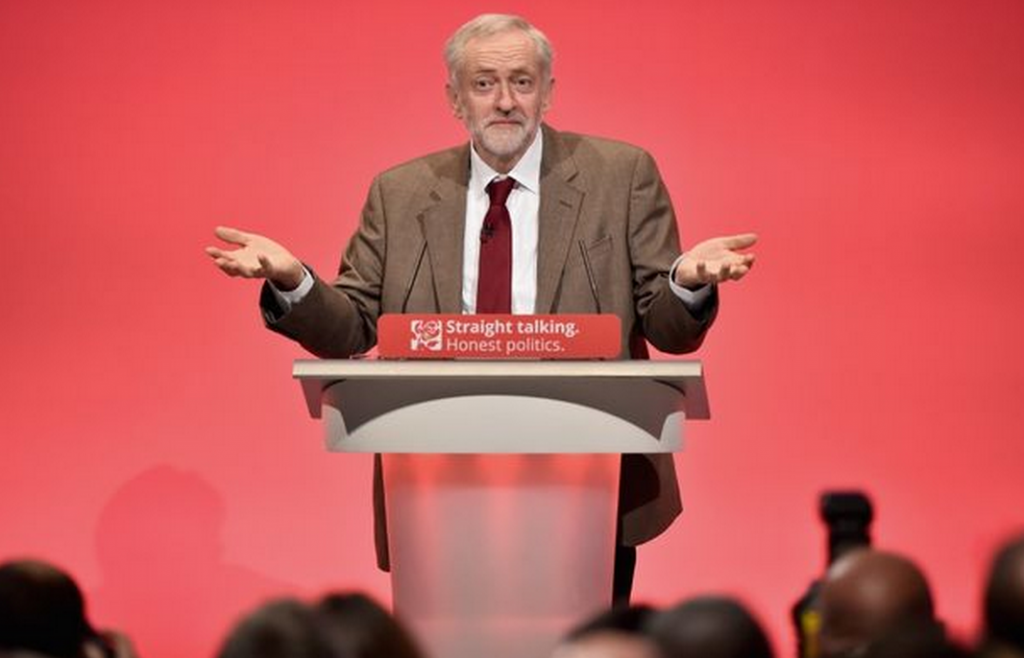
Reason to believe

This is almost unprecedented in modern politics – normally one split at the top of a party is seen as potentially fatal. As Shadow Justice Secretary Charlie Falconer made clear on last week’s Sunday Politics, Labour doesn’t have one or two areas of mild policy disagreement but dozens – many of them (NATO, the EU, Trident, the welfare cap) existential in nature. Corbyn and his allies claim that they are demonstrating the ‘new politics’ – more consensual, more democratic, less dictatorial. It may well be the case that it is now possible in British politics to lead a party without enforcing obsessively upon it a narrow personal agenda. But how such an approach will work in practice – when the Government gleefully forces votes on issues of contention and as yet unresolved disagreement – is yet to be determined. Again, there is a real danger for Corbyn that all of this will generate so much background noise that his voice will be lost in the fray. Already, a significant announcement about housing policy has been somewhat drowned out. This new atmosphere of open debate and discussion does however present opportunities too.
The policy generation process within the Labour Party has never been more in flux and the potential, therefore, for good ideas to permeate and gain traction is heightened. By remaining engaged, and building coalitions of MPs and members, those seeking to influence Labour policy can have real impact. So we can expect conference to be a little more chaotic than regular attendees are perhaps used-to. Some of the usual faces will be missing and there will be some glum faces and conspiratorial whispers. The more professionalised delegates-in-suits will roll-their-eyes, carp and complain. But there will be new faces too - those who have rejoined the party after years in the wilderness or wholooked on Blairism, Brownism and Milibandism as varying shades of betrayal. For them, ebullience and drunken spontaneous renditions of the Red Flag as they celebrate reclaiming a party they feared lost to them. They will overlook any gaffe and ignore every stumble in return for the ‘authenticity’ they get from Corbyn. At last the age of compromise is dead and buried and finally they have a reason to believe. It is the tension between these two tribes that will dominate and define Labour conference 2015.